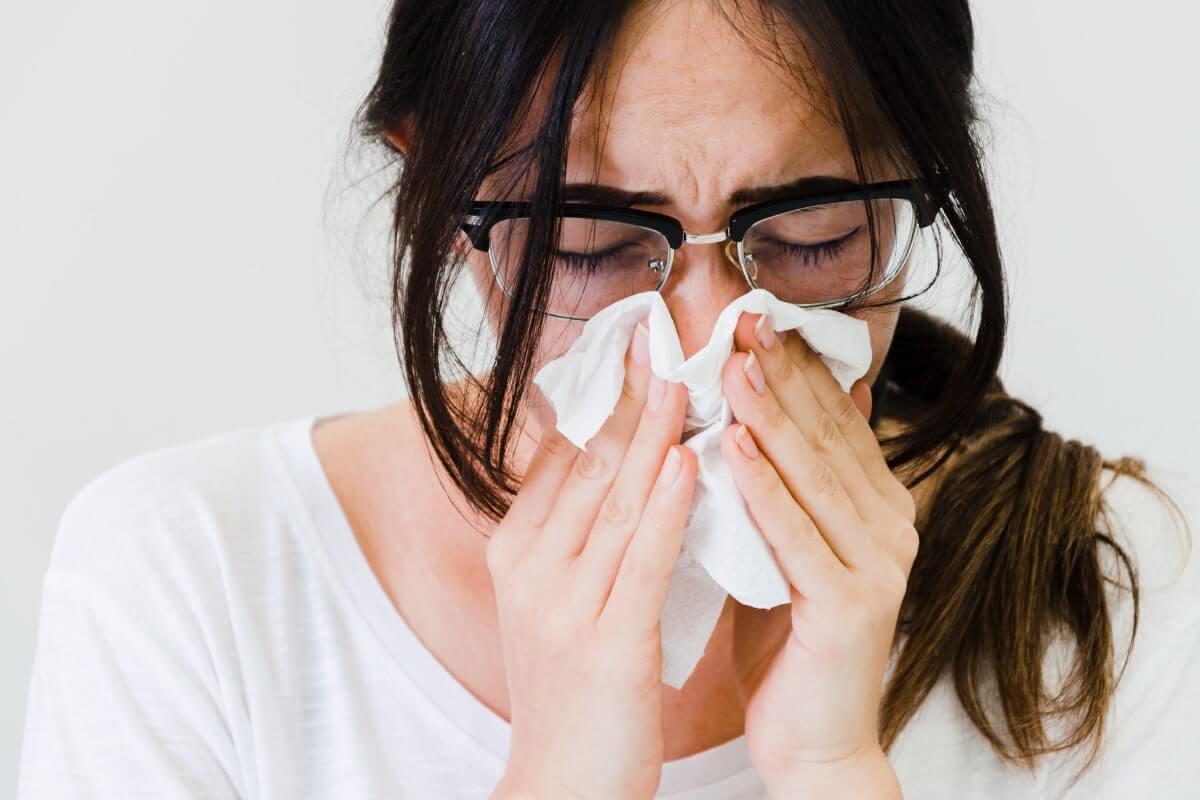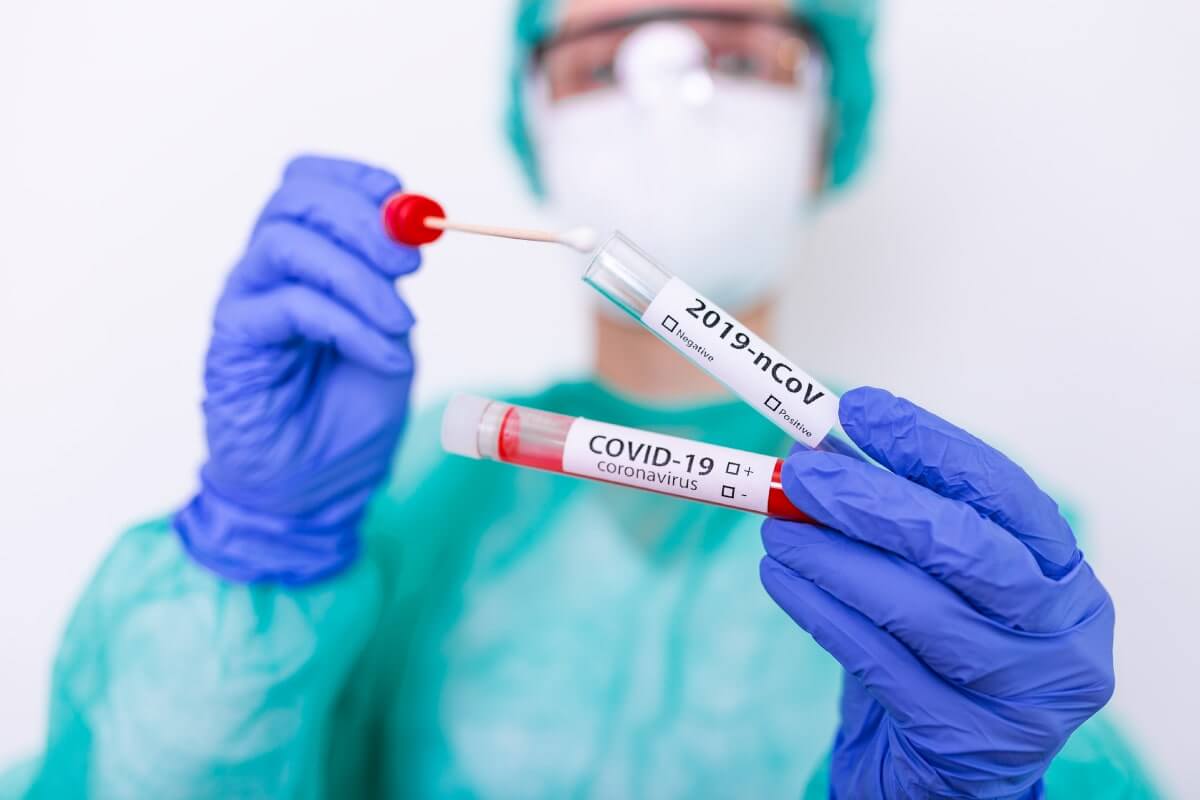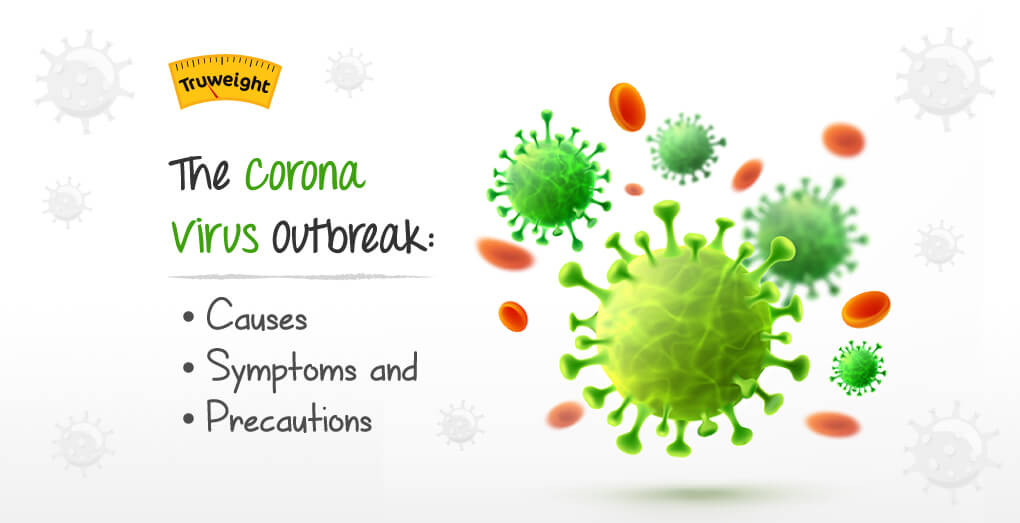Disease
COVID-19 A Pandemic & What You Have To Know About It ?
COVID-19 is a severe infectious disease caused by coronavirus (SARS-CoV-2). It is a virus present in animals that are rarely transmitted from animals to humans and then spread person to person.
A person infected with the COVID-19 virus, experiences mild to moderate respiratory problems and sometimes recovers without requiring any special treatment. Older generations and people who have medical problems like cardiovascular disease, diabetes, chronic respiratory disease and cancer show severe symptoms of Coronavirus/COVID-19 causing danger to life.
Currently, there are no vaccines invented or treatments for COVID-19. However, there are researches being done and trials executed to find an exact vaccine.[1]
Causes of Coronavirus/COVID-19:
A infectious virus transferred from animal to human causes coronavirus disease 2019 (COVID-19). Currently we do not know how contagious the virus is. The research has shown that it spreads from person to person if they are in close contact with the infected person (within about 6 feet, or 2 meters).

When a person with COVID-19 coughs or sneezes or talks, the respiratory droplets release into the air inhaling of which the virus spreads into another person. The virus stays on an object for a certain period, if a person touches that object and then his or her mouth, nose or eyes, the virus enters the body. [2]
Symptoms of Coronavirus:
Symptoms of Coronavirus/COVID-19 range from mild to severe and sometimes asymptomatic. It takes 2-14 days after exposure to the virus, for symptoms to develop.
A person with a weak immune system may develop serious symptoms, like pneumonia. Presently, most confirmed cases are in adults, but some children have been infected.
Most common symptoms of Coronavirus/COVID-19 include:
- A low-grade fever that gradually increases in temperature over time
- A feeling of fatigue and tiredness
- Having a dry cough that gets more severe over time
Other symptoms of Coronavirus/COVID-19 that is seen in few include:
- Shortness of breath
- Aches and pains in the body joints
- Sore throat
- Nasal congestion
- And very few people will report diarrhoea, nausea or a runny nose
These symptoms may become more severe in some people. Also, it is mandatory to call medical services if you or your family have any of the following symptoms:
- Trouble breathing
- Blue lips or face
- Persistent pain or pressure in the chest
- Confusion
- Excessive drowsiness
Some people have experienced loss of sense of taste or smell after getting infected with COVID-19. The full list of symptoms is still being investigated.[3]
COVID-19 Vs The Flu (Influenza):
The COVID-19 and the flu, both are respiratory illnesses that spread from person to person. COVID-19 is caused by the SARS-CoV-2 virus, and the flu is caused by influenza A and B viruses.
Both COVID-19 and flu spread with common scenarios like close contact with infected people and inhaling the droplets spread in air when an infected person coughs. People infected with the flu will experience symptoms within 1 to 4 days while the symptoms for COVID-19 develop between 1 to 14 days.
The symptoms of Coronavirus/COVID-19 and flu range from mild to severe and both can cause pneumonia. COVID-19 is more deadly when compared to that of the flu. Flu is old enough and there are multiple treatments available.
COVID-19 was discovered recently and hence there are no antiviral drugs present yet. Although researches are being done to trial them on infected people. Recovery depends on the strength of the immune system.
Precaution:
- Wash your hands frequently: Wash your hands with an alcohol-based hand wash or with soap and water, regularly and thoroughly. This is necessary because it kills viruses that may be on your hands. Also use sanitizer frequently.
- Social distancing is necessary: Keep about 3 meters distance between yourself and anyone who is coughing or sneezing. When someone coughs or sneezes, small liquid droplets spread into the air from their nose or mouth which may contain virus. And there are chances for you also to get infected.
- Avoid touching your face: Your hands touch many surfaces when you are outside and can pick up viruses. If you touch your face with an unwashed hand, transfer of virus into your body could happen via your eyes, nose or mouth making you sick.
- Practice respiratory hygiene: Make sure you and your family follow good respiratory hygiene. This means covering your mouth and nose with your bent elbow or tissue when you cough or sneeze. Then dispose of the used tissue immediately. Use a surgical or any virus protective face mask to cover your mouth and nose while you are outside.
- If you have fever, cough and difficulty breathing, contact your doctor immediately: In case you feel unwell, stay home, do not risk. If you have a fever, cough and difficulty breathing, contact medical service immediately. Calling in advance will allow your health care provider to quickly direct you to the right health facility. This will protect you and others.
- Update yourself with the latest information and follow advice given by your health authority: Stay informed on the latest information about COVID-19 in your area. Follow advice given by your healthcare provider, your national government and local public health authority or your employer on how to protect yourself and others from COVID-19. They are your saviour today.[4]
When To See A Doctor:
If you notice any mild symptoms of Coronavirus/COVID-19 or you have been in contact with someone diagnosed with COVID-19 or you have had a travel history to places with ongoing community spread, contact your doctor immediately.
Tell them about your symptoms and possible exposure and your travel history. The signs and symptoms that should not be ignored are trouble breathing, chest pain or pressure, confusion, or blue lips or face.
Let your doctor know if you have other chronic medical conditions, such as heart disease or lung disease. Do not simply presume for having symptoms due to the panic that is being created around, as the pandemic progresses, it’s important to make sure health care is available for those in greatest need.
Who is at risk?
The people who have recent travel history to an area with ongoing community spread of COVID-19 as determined by CDC or WHO are at risk. Those who are in close contact with someone who has COVID-19 such as when a family member or health care worker or a person who takes care of an infected person.
The risk is most leaned towards the older generation as per the current records. A person who works in a place with more crowds could also be at great risk.[5]
How Are Coronavirus Diagnosed?
In case you develop any signs or symptoms of COVID-19 or you have had a travel history to an infected place, contact the medical service immediately. The doctors will screen you through to find if testing is necessary.

Your doctor may also consider testing if you’re at higher risk of serious illness. As a test for COVID-19, a doctor uses a long swab to take a nasal sample. The sample is then sent to a lab for testing.
If you’re coughing, your saliva may be sent for testing. The test results will be available to you in a day or so depending on the available amenities present in your area. [6]
Conclusion:
Throughout the blog above we wanted to concentrate mainly on the symptoms of COVID-19. There are a lot of people even now, who haven’t realized the severity of the pandemic. Knowing the initial and the severe symptoms can provide you with enough ideas to wake you up.
Make sure to update yourself with all the information regarding COVID-19. Also be aware of fake information regarding COVID-19, you have any doubts or wanting to understand more on the information, you have us. We want your safe health to be prioritized first.
All of us have heard ‘Better wake up now instead of regretting later’. Let us not allow regrets into our lives. Do not ignore anything when it has come down to your health. Suppose you see any symptoms of coronavirus/COVID-19, isolate and contact the government helplines.
FAQ’s
1. I have a cough regularly as I have Asthma. How do I know I am not infected with COVID-19?
A. The cough that is recent and continuous is a clear symptom. This means coughing a lot for more than an hour. If you usually have a cough, it may be worse than usual in case you’re infected with COVID-19.
And if your body temperature increases gradually then you are likely to have COVID-19. It takes five days on average to start showing the symptoms, but some people will get them much later of upto 14 days.
2. A severe symptom of COVID-19 is shortness of breath. What does that mean?
A. Unexpectedly feeling out of breath or difficulty in breathing is how a person experiences shortness of breath. Several other examples of temporary shortness of breath exist that are not the apt symptom.
For example, if you feel very anxious, it’s common to get short of breath which goes away when you calm down. However, recently if you are facing problems with breathing, it is time to call your doctor.
Meanwhile, it’s important to remember that if shortness of breath is your only symptom, without a cough or fever, then it’s something other than COVID-19 that you are infected.
3. Lately I have lost my sense of smell. Have I contracted COVID-19? What should I do?
A. Although lost sense of smell is not listed under the common or severe symptoms of COVID-19, It could be a rare symptom because viral infections are one of the causes of loss of sense of smell, and COVID-19 is caused by a virus.
Studies are being done to get more definitive answers for when a person starts developing loss of smell after he is infected with COVID-19 and how to distinguish loss of smell caused by COVID-19 from that caused by allergies, other viruses.
4. Once I have been exposed to the COVID-19 virus, how long does it take for my body to show the common symptoms?
A. Up until today the research says that on an average, the time from exposure of a person to COVID-19 to the symptom seen (incubation period) is about 5 to 6 days.
However there have been cases wherein an infected person has taken around 13 days to show the symptoms. This has led for all the countries to recommend people to quarantine themselves for 14 days and monitor for symptoms if doubted to be exposed to the virus.
